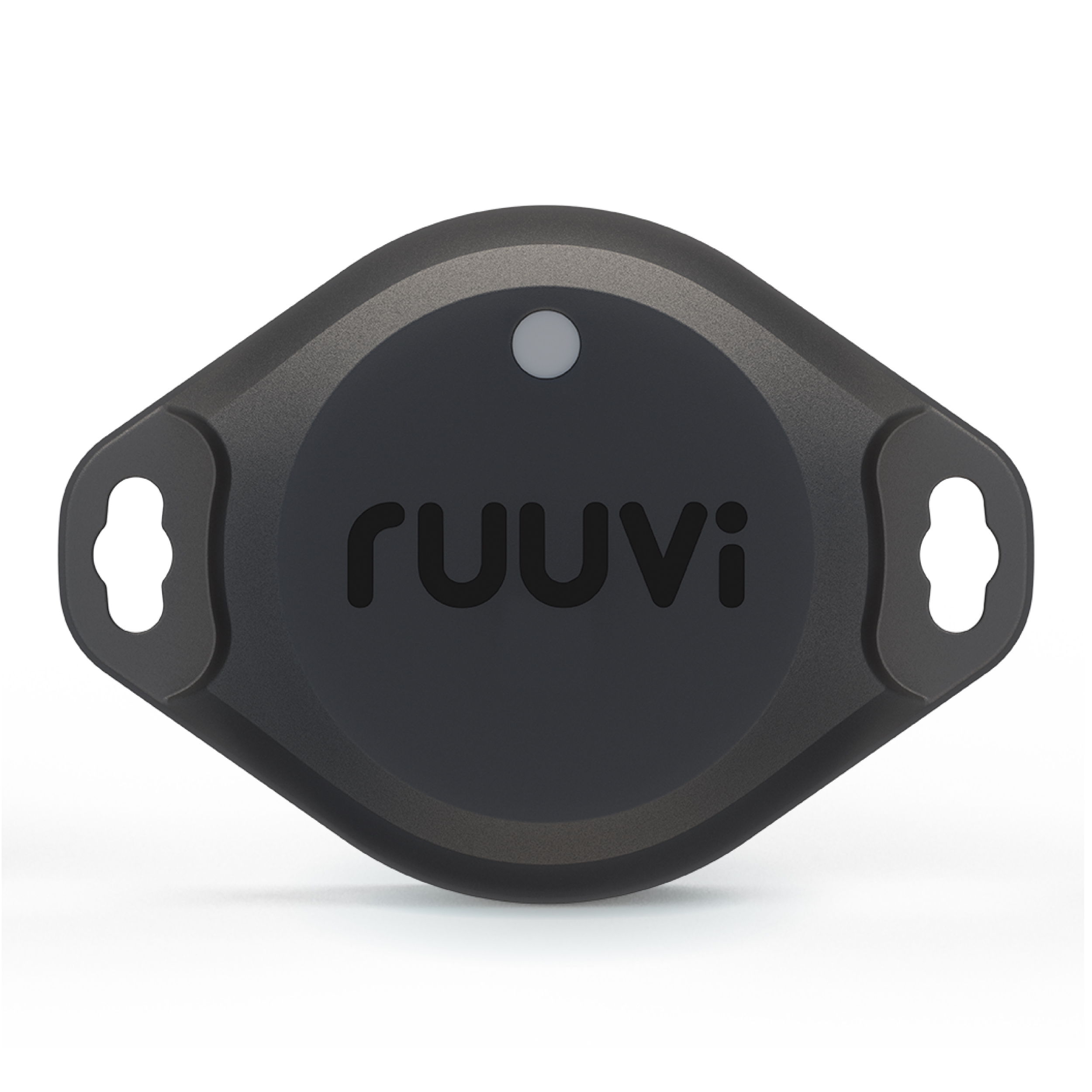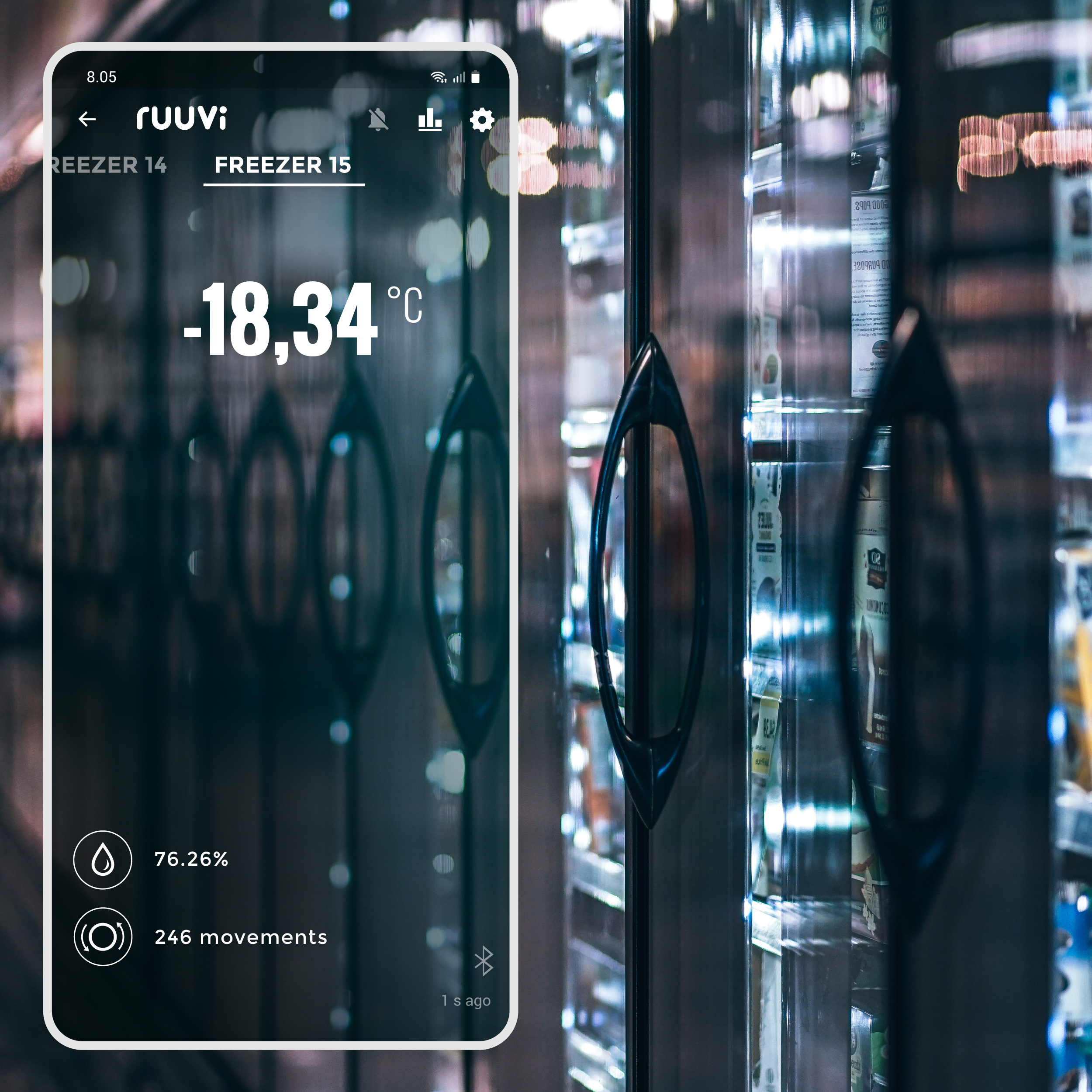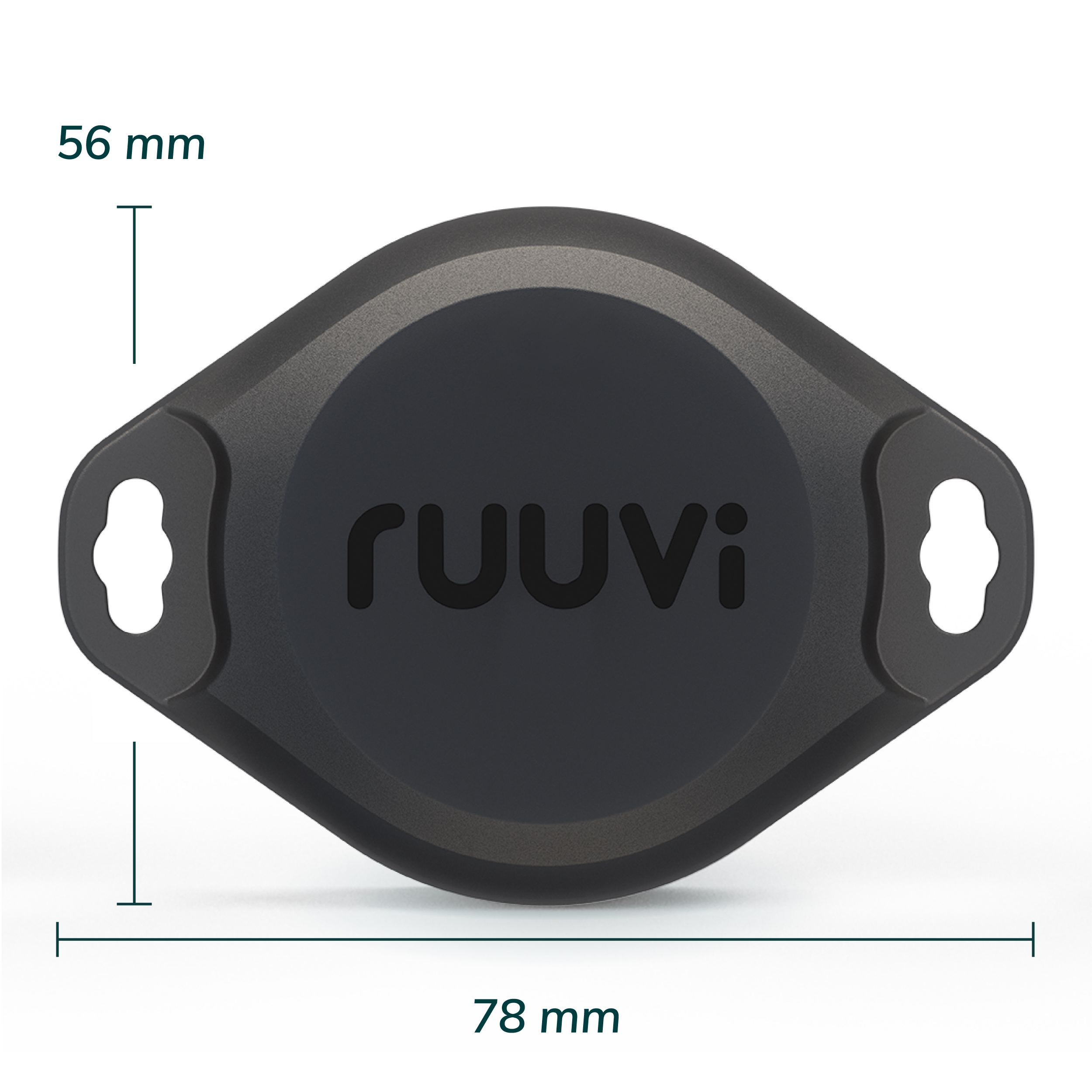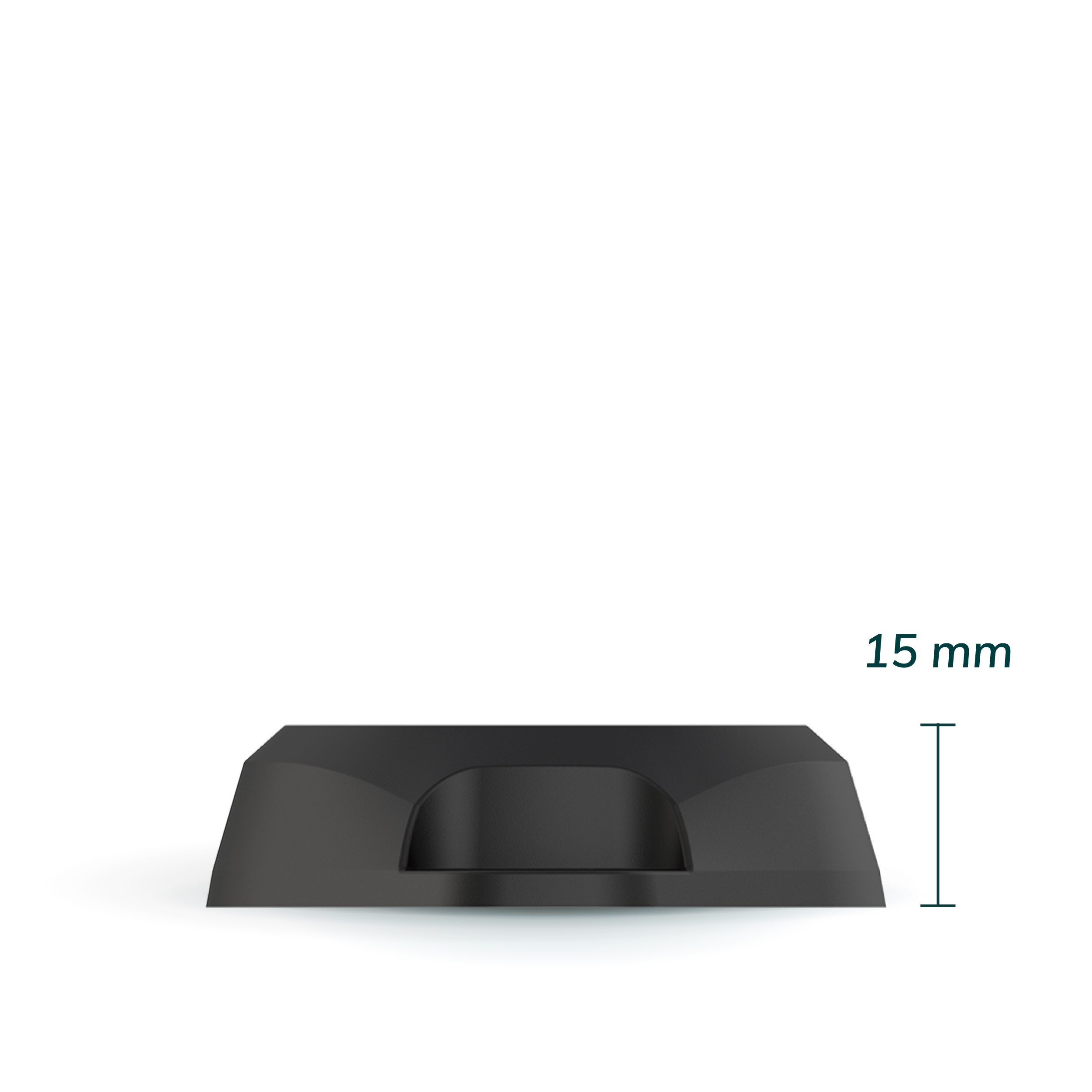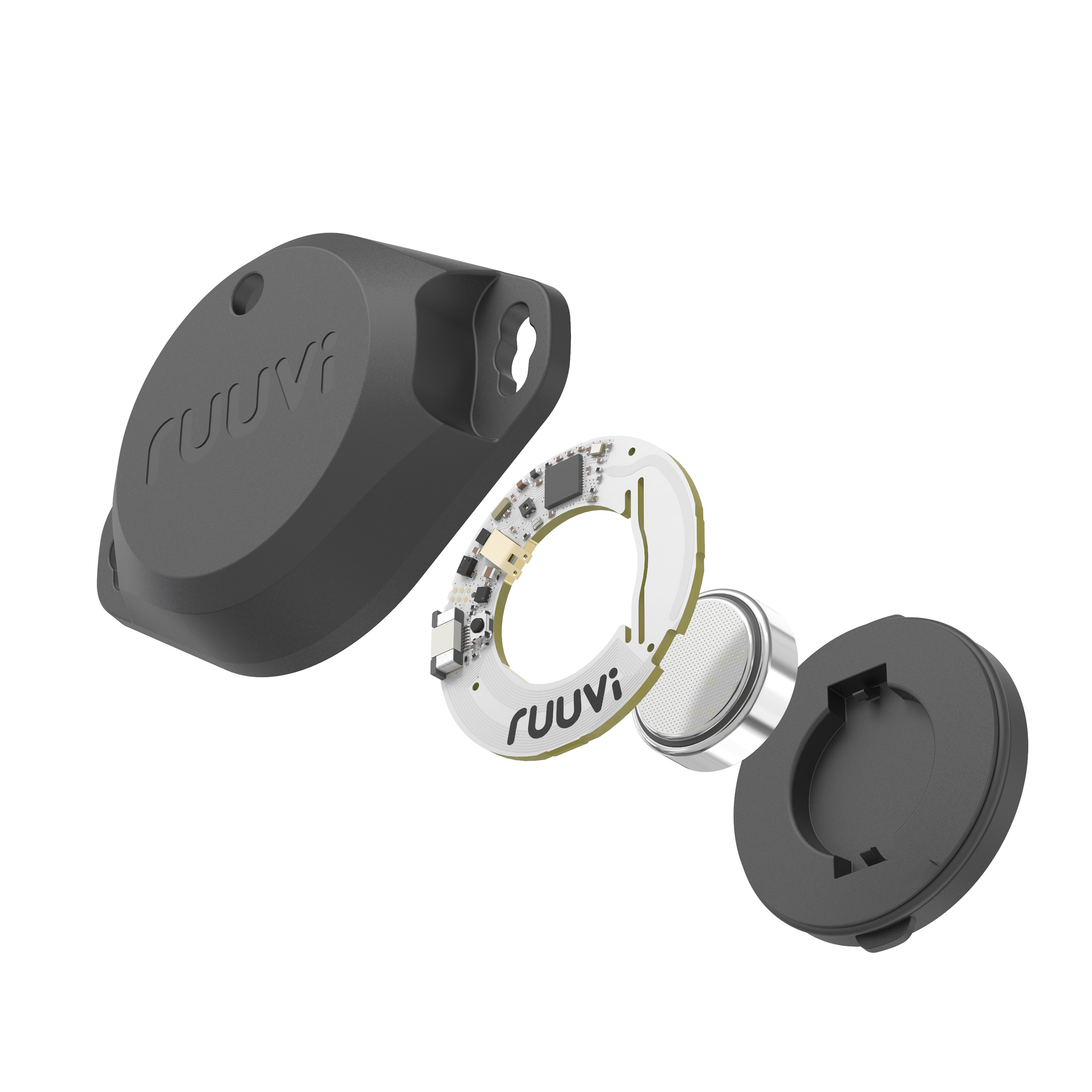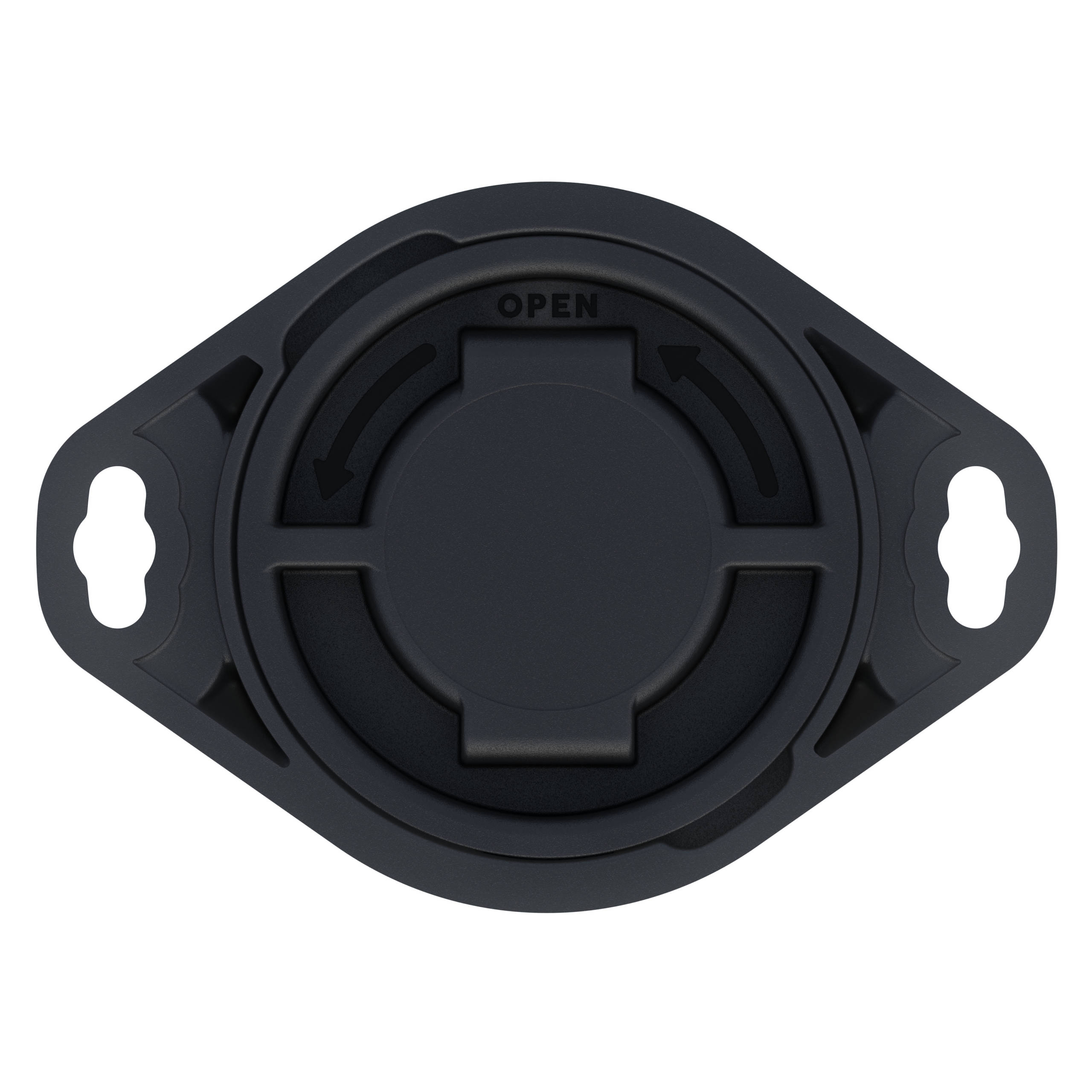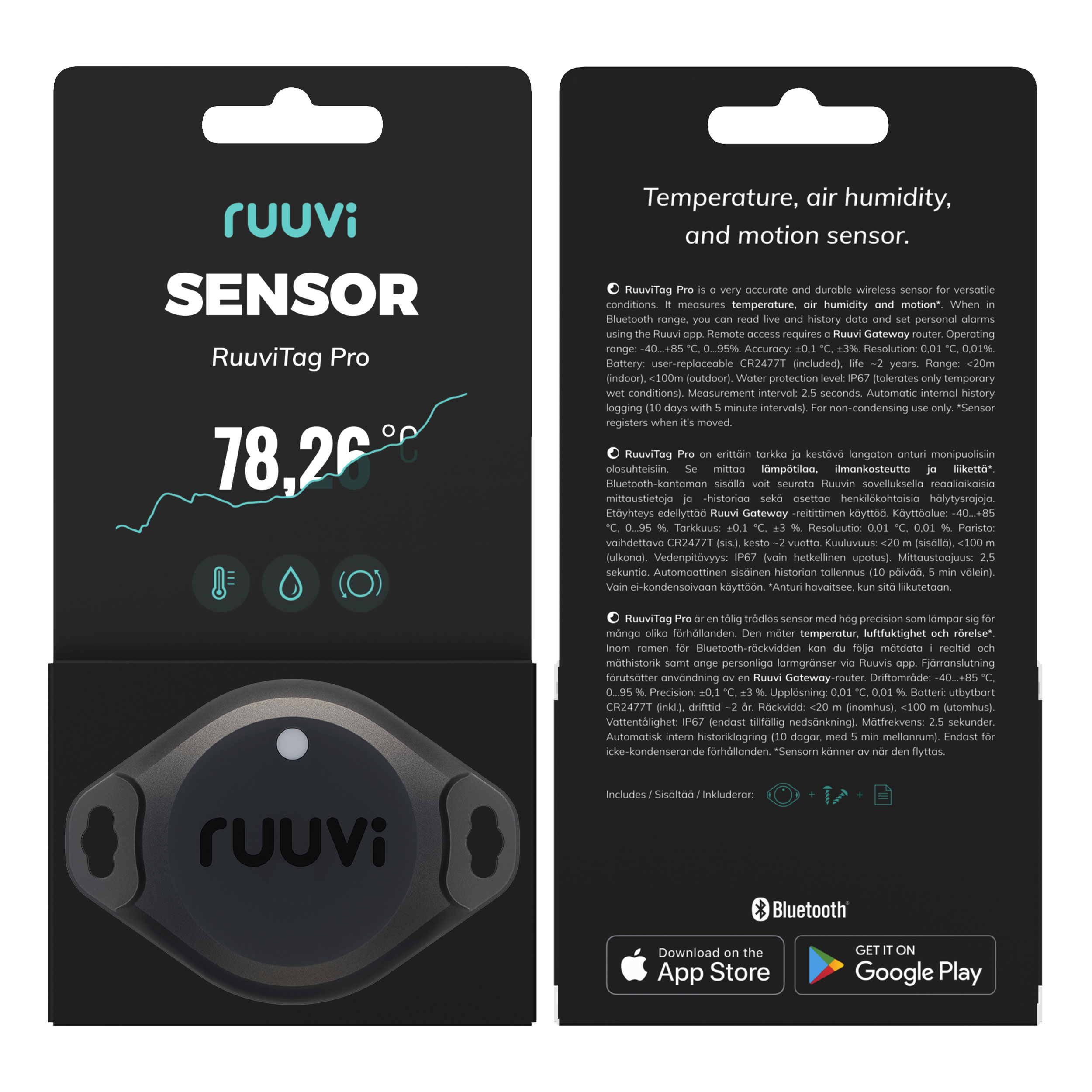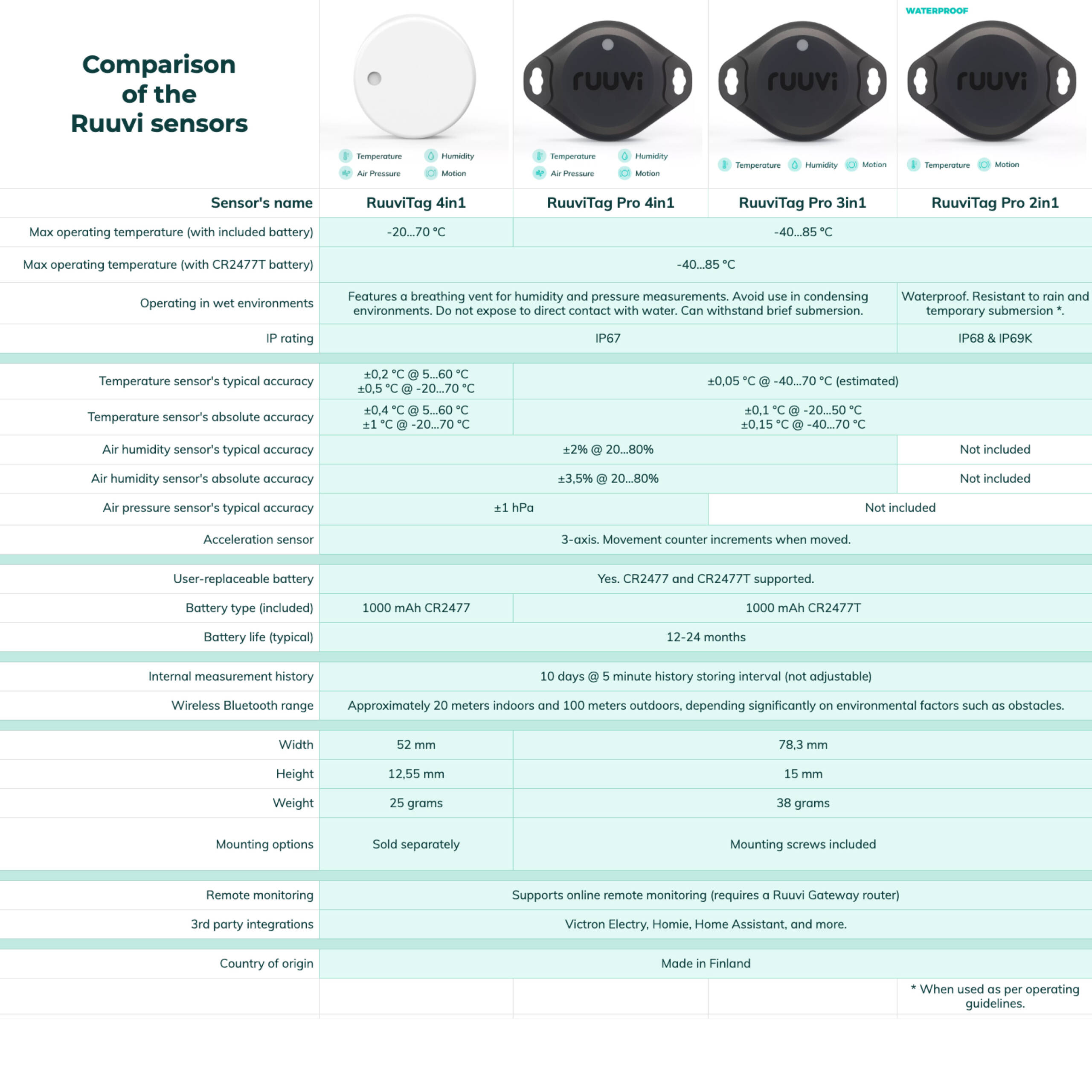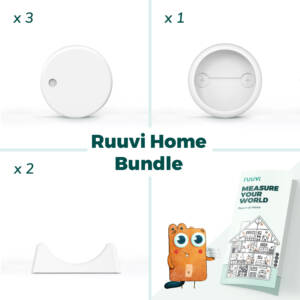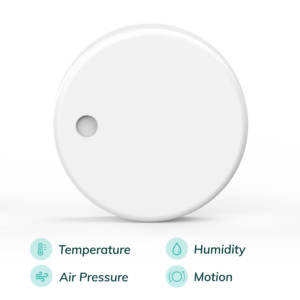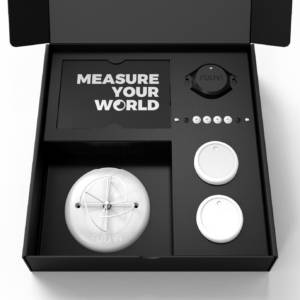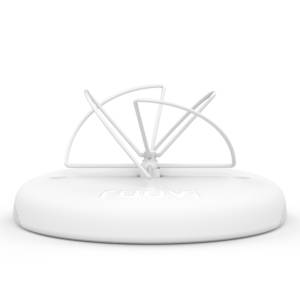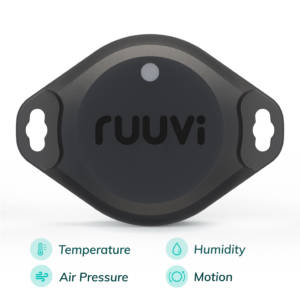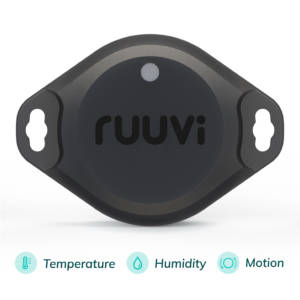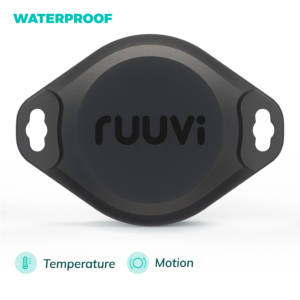Monitoring outdoor temperature is essential for various applications, including agriculture, gardening, weather monitoring, and maintaining comfortable living conditions in outdoor spaces. This comprehensive guide will cover the importance of outdoor temperature monitoring, the types of monitoring systems available, and tips for effective monitoring. It’s difficult to choose the best ourdoor temperature monitoring system as there are multiple great options, but after this article you’ll have a more profound idea of how to choose the best temperature sensor for you!
Why Should You Monitor Outside Temperature?
Outdoor temperature monitoring plays a crucial role in several aspects of our daily lives. One of the most significant areas where outdoor temperature monitoring is essential is in agriculture and gardening. For farmers and gardeners, monitoring temperature helps them determine optimal times for planting, watering, and harvesting crops. It also aids in identifying potential frost or heat risks that could adversely affect plant health.
In addition to agricultural applications, outdoor temperature monitoring is critical for maintaining comfort in outdoor living spaces. People who spend a considerable amount of time outdoors or have dedicated outdoor spaces such as patios and decks benefit from knowing the current temperature, which helps them create a comfortable environment for themselves and their guests.

Furthermore, outdoor temperature monitoring can contribute to energy efficiency in homes and businesses. By keeping track of outdoor temperatures, homeowners and businesses can make informed decisions about when to adjust their heating and cooling systems, resulting in improved energy efficiency and cost savings.
Exploring Types of Outdoor Temperature Monitoring Systems
There are several types of outdoor temperature monitoring systems available, each catering to different needs and preferences. One option is standalone temperature sensors, which are simple devices that can be placed outdoors to provide real-time temperature readings. Users can manually adjust their heating and cooling systems based on the data gathered from these sensors.
A more advanced alternative is wireless weather stations, which offer comprehensive monitoring capabilities beyond temperature, such as humidity and air pressure. These systems often connect to smartphones or computers, allowing users to access data effortlessly. Some weather stations can even integrate with smart home systems for automated temperature control, enhancing overall convenience and energy efficiency.
Another innovative solution for outdoor temperature monitoring comes in the form of Internet of Things (IoT) devices, such as RuuviTag. These versatile and customizable devices can transmit data using Bluetooth to a smartphone or through a gateway to a cloud-based platform. With IoT-based temperature monitoring systems, users can access data and receive alerts from anywhere, making temperature management even more accessible and efficient.
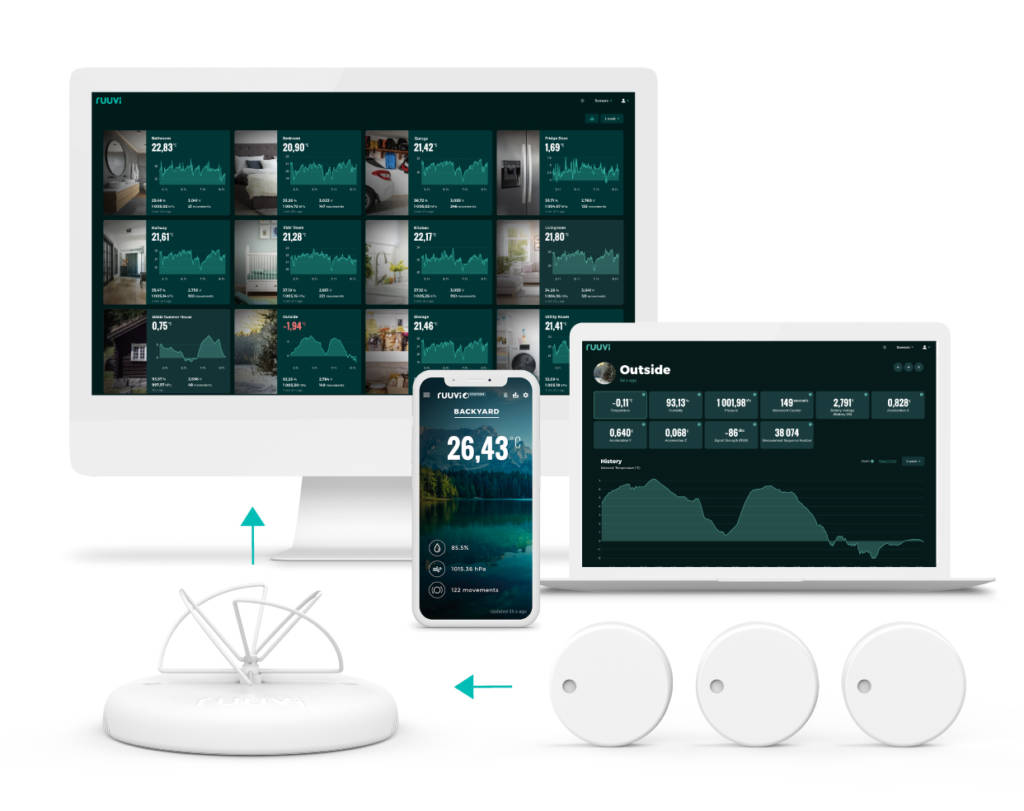
Key Features to Look for in an Outdoor Temperature Monitoring System
When selecting an outdoor temperature monitoring system, it’s essential to consider several key features that can significantly impact the system’s overall performance and your satisfaction with its functionality.
Accuracy is crucial when it comes to temperature sensors
Choose a system that offers a high level of accuracy, ensuring reliable and precise temperature readings. This will enable you to make informed decisions about managing outdoor environments, such as adjusting irrigation or protecting plants from temperature extremes.
Connectivity is another vital aspect to consider
Opt for a system with Wi-Fi or Bluetooth connectivity to seamlessly integrate it with smart devices, such as smartphones or tablets. This will allow you to monitor and control the temperature remotely, offering increased convenience and flexibility.
A user-friendly interface is essential
Choose a system that is easy to navigate and understand, allowing you to access essential information and make adjustments without frustration. A well-designed interface will make it much more enjoyable and efficient to use the system.
Customizable alerts are a valuable feature
Customizable alerts allow you to set custom temperature alerts, notifying you when temperatures reach unsafe or undesirable levels. This can be particularly helpful for protecting plants, animals, and outdoor living spaces from potential temperature-related risks.
Battery life is an essential feature
Consider battery life when choosing an outdoor temperature monitoring system, as it significantly impacts the system’s overall performance, convenience, and maintenance requirements.
Weather resistance is a part that differiantes systems
Outdoor temperature monitoring systems should be designed to withstand various weather conditions, such as rain, snow, and extreme temperatures, ensuring accurate readings and long-lasting performance.
How does Ruuvi rank up in these aspects?
Ruuvi offers a durable and versatile outdoor temperature monitoring solution with their RuuviTag devices. These devices provide high accuracy and seamless connectivity with your smartphone via Bluetooth. By connecting your RuuviTag to the Ruuvi Cloud using the Ruuvi Gateway, you can access your data anytime, anywhere.
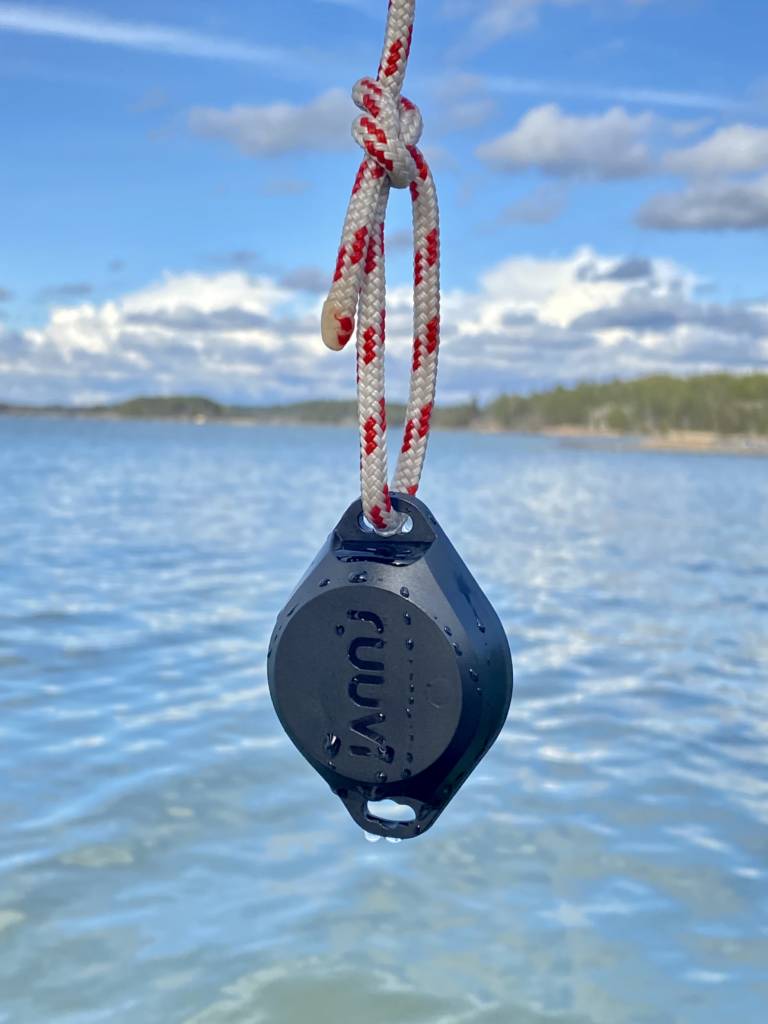
The Ruuvi mobile app and Ruuvi Cloud offer intuitive reports, customizable alerts, and an array of helpful features designed to make monitoring temperature and other environmental factors outdoors simple and efficient. With Ruuvi’s innovative solutions, you can effortlessly keep track of your outdoor environment and ensure optimal comfort and environmental control.
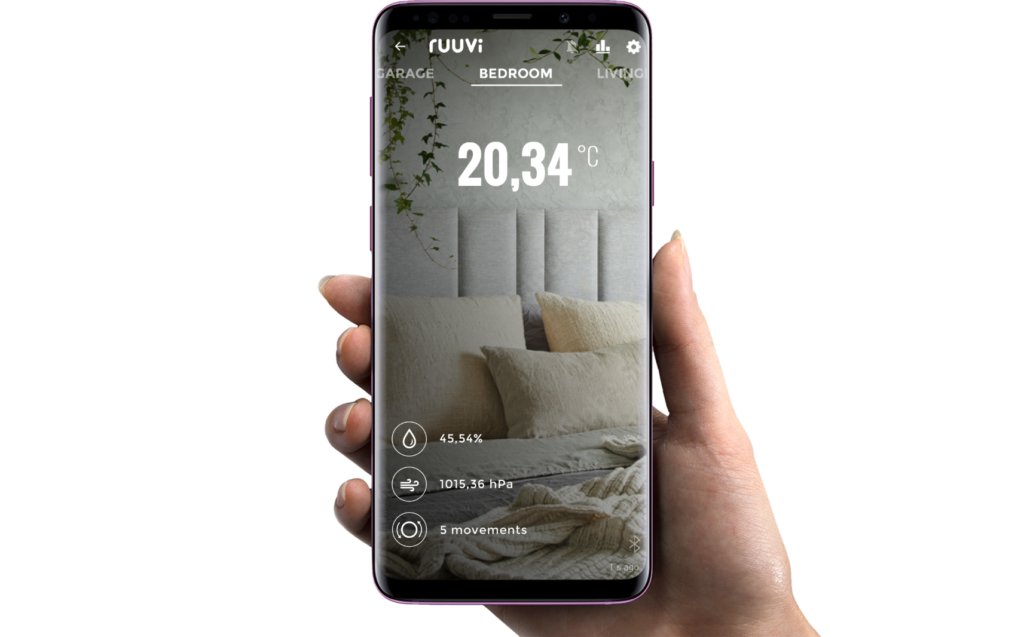
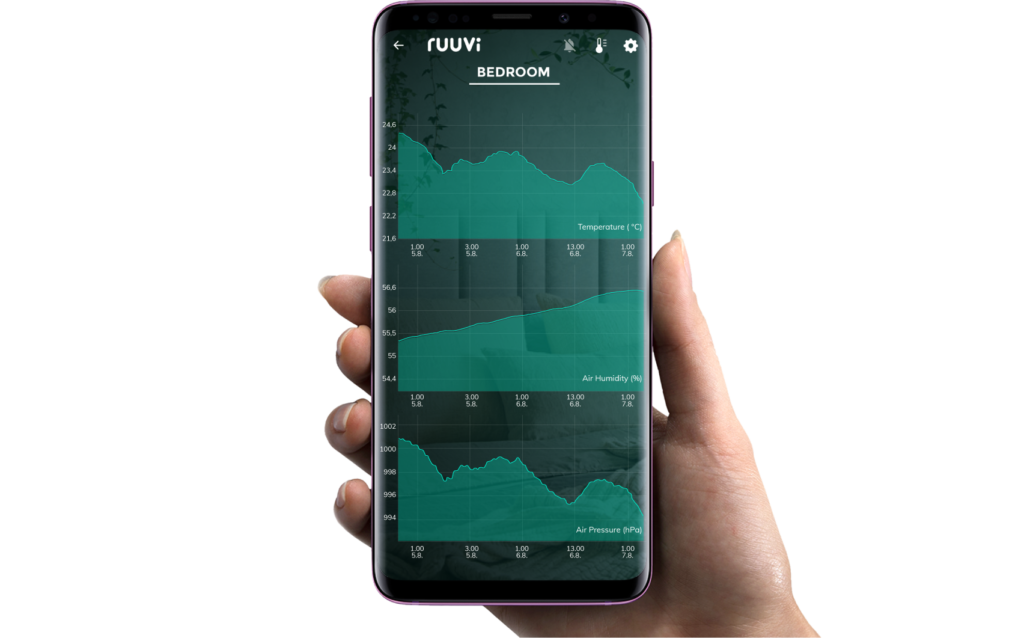
Need an outdoor temperature monitoring solution?
RuuviTag Pro is perfect solution for you.
RuuviTag Pro Sensor
| Quantity | Unit Price(€) |
|---|---|
| 1 | |
| 5-10 | |
| 11-25 | |
| 26-50 | |
| 51-99 |
Are you looking for bigger quantities? Contact us for pricing.
Outdoor Temperature Sensor FAQ
What Are the Key Features of an Outdoor Temperature Sensor?
The 5 main features of an outdoor temperature sensor are:
- Accuracy: An outdoor temperature sensor should be highly accurate and provide precise temperature readings, especially in extreme weather conditions.
- Durability: The sensor should be able to withstand extreme temperatures, moisture, and other environmental factors like wind and sun exposure.
- Compatibility: The sensor should be compatible with a wide range of systems and devices such as smart home systems, weather stations, and other IoT devices.
- Remote monitoring: The sensor should be capable of remote monitoring, allowing users to check the temperature data from anywhere using their smartphones, computers or other mobile devices.
- Energy Efficiency: An outdoor temperature sensor should be energy-efficient and have a low power consumption, especially if it’s going to be used with battery-powered devices
Where should I Install My Outdoor Thermometer Sensor?
You should install it in a place where you need temperature monitoring. For example, an outdoor thermometer should be placed in a shadowy place so that direct sunlight does not hamper the measurement.
How does a wireless RuuviTag outdoor thermometer work?
The RuuviTag is a small wireless temperature sensor that uses Bluetooth Low Energy (BLE) technology to communicate with other devices. Here’s how it works:
- Temperature sensing: The RuuviTag uses a built-in temperature sensor to measure the ambient temperature.
- Data transmission: Once the temperature is measured, the RuuviTag uses BLE technology to transmit the data to other devices such as smartphones, tablets, or other gateways.
- Power source: The RuuviTag is powered by a coin cell battery (CR2477), which allows it to operate for up to several years.
- Configuration: The RuuviTag doesn’t need any configuration and it’s ready to be used less than in a minute.
- Data logging: The RuuviTag has an internal memory to log temperature data, which can be useful for tracking temperature changes over time. Interval is 5 minutes and it logs up to 10 days history.
- Compatibility: The RuuviTag is compatible with a wide range of platforms, including iOS, Android, and Linux. This makes it easy to integrate with other devices and software platforms.
Overall, the RuuviTag is a versatile and easy-to-use temperature sensor that can be used for a variety of applications, including home automation, environmental monitoring, and industrial measurements.
